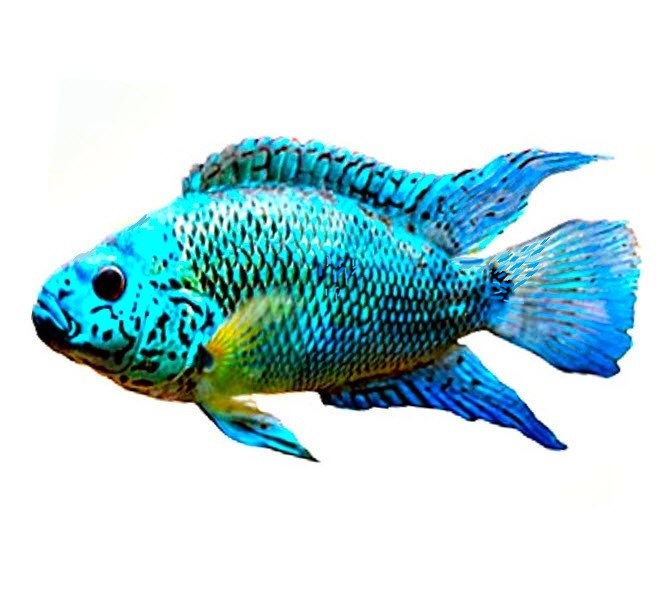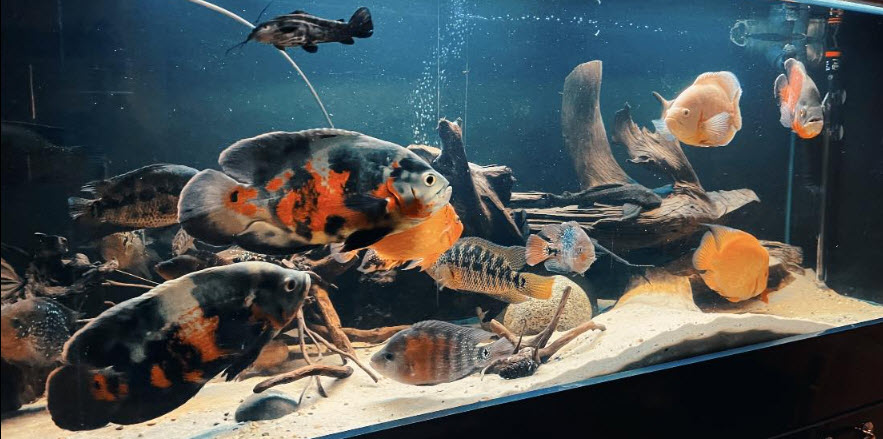
“Gas Bubble Disease” is where many gas bubbles form in a fish and literally cause the fish to get the “bends”.
Water that is very cold can absorb much more air in solution than warm water. Say warm water (25 degrees C.) can have 20 ppm air dissolved in it while cold water (10 degrees C.) can have 40 ppm air dissolved in it. The same is true for pressure, water under pressure can dissolve say 40 ppm air while water at atmospheric pressure can dissolve 20 ppm. The 40 ppm water is called “super saturated”.
Living tissues also absorb air into their fluid. If a diver breaths air at a high pressure for half an hour or more the air will dissolve into the tissue fluids at 40 ppm. If the diver ascends too rapidly the air can come out as small bubbles which cause the “bends”. One can die from the bends.
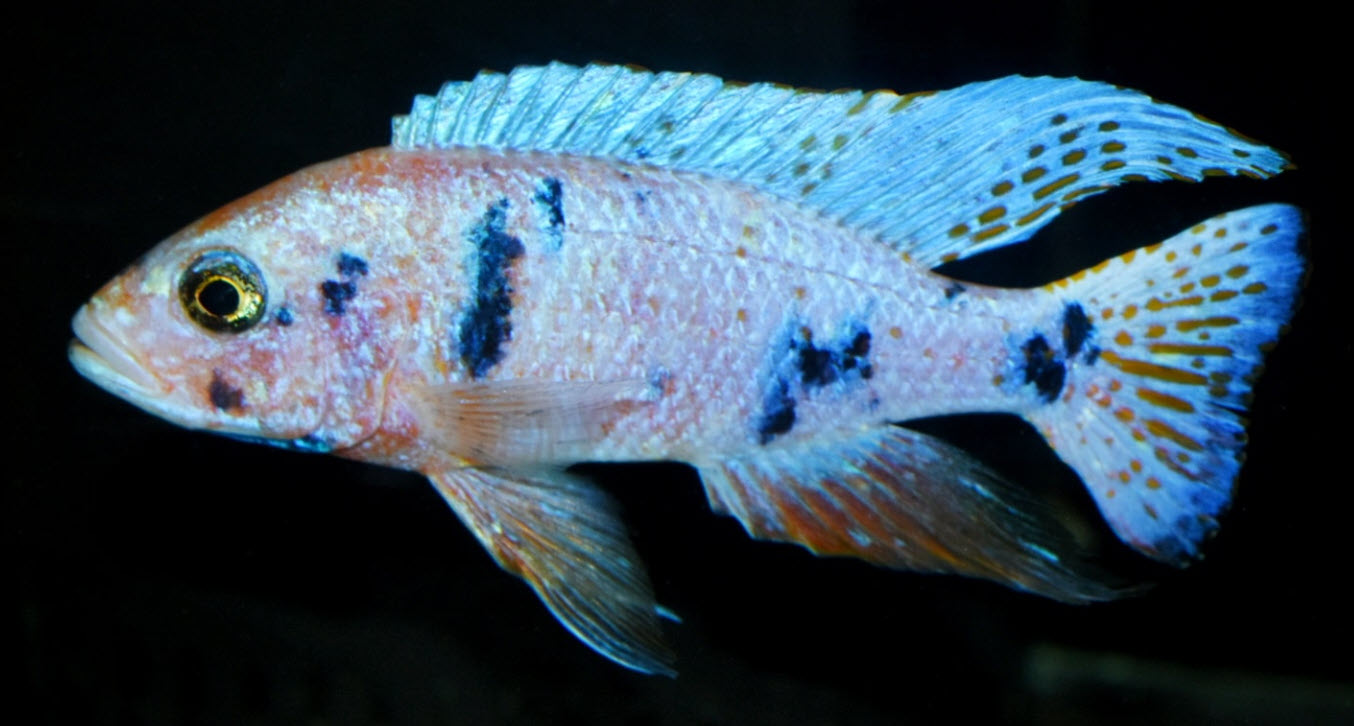
If a fish such as a goldfish were swimming in 10 degree C. water and were suddenly transferred to 25 degree C. water, air can come out in their tissues and produce the bends in the goldfish. A fish swimming in deep water which is suddenly thrust to the surface can also have the bends (although some fish have some unique mechanisms to take care of such events).
There was a video by Steenfott Aquatics about a fish breeding operation called Dan’s Fish. In this operation water is switched out on a 24 hour a day/ seven day a week operation with a no filtration daily 200% water change system. Very cold water (less than 10 degrees C, 50 degrees F) is run through a heat exchanger. A heat exchanger rapidly raises the temperature. Warm water cannot hold as much gas as cold water. So the excess gas will bubble out over a short length of time (roughly thirty minutes).
When the water is put into the aquariums at Dan’s Fish without being degassed, the supersaturated water forms bubbles which attach to everything, including the fish. This can kill the fish. So Dan’s Fish have added a very large aerator device to remove the excess air.
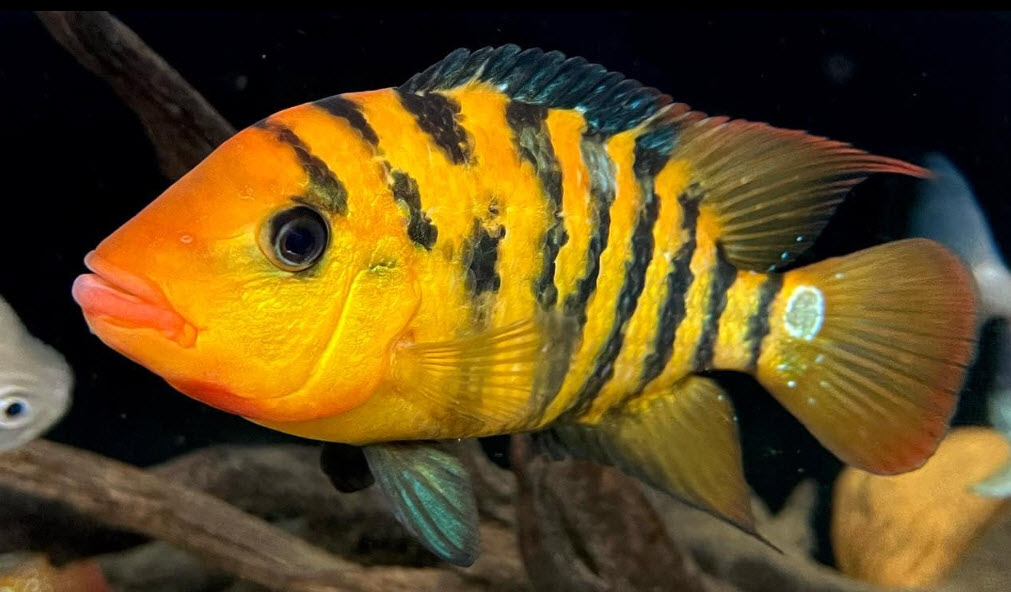
It is theoretically possible to have supersaturated water out of the tap. If water saturated with air comes into a home at say 50 degrees. And a mix of that water gets heated to an average of say 75 degrees while under pressure. This water could be supersaturated with air.
During a large water change this water could conceivably affect fish. But the aeration on pretty much any tank should resolve the problem long before any fish gets gas bubble disease. So I suspect this is a disease one doesn’t have to worry about in a home aquarium.
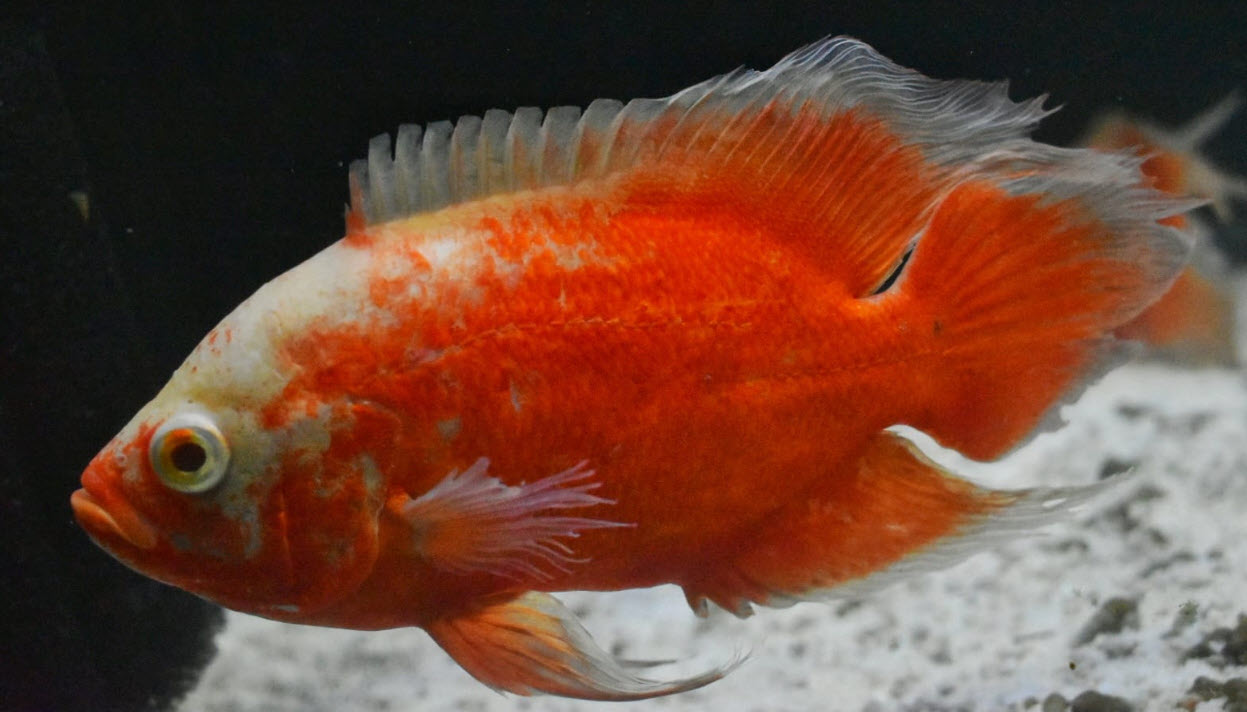
.
Return to Symptoms Menu
.
Aquarium Science Website
The chapters shown below or on the right side in maroon lead to close to 400 articles on all aspects of keeping a freshwater aquarium. These articles have NO links to profit making sites and are thus unbiased in their recommendations, unlike all the for-profit sites you will find with Google. Bookmark and browse!
.
